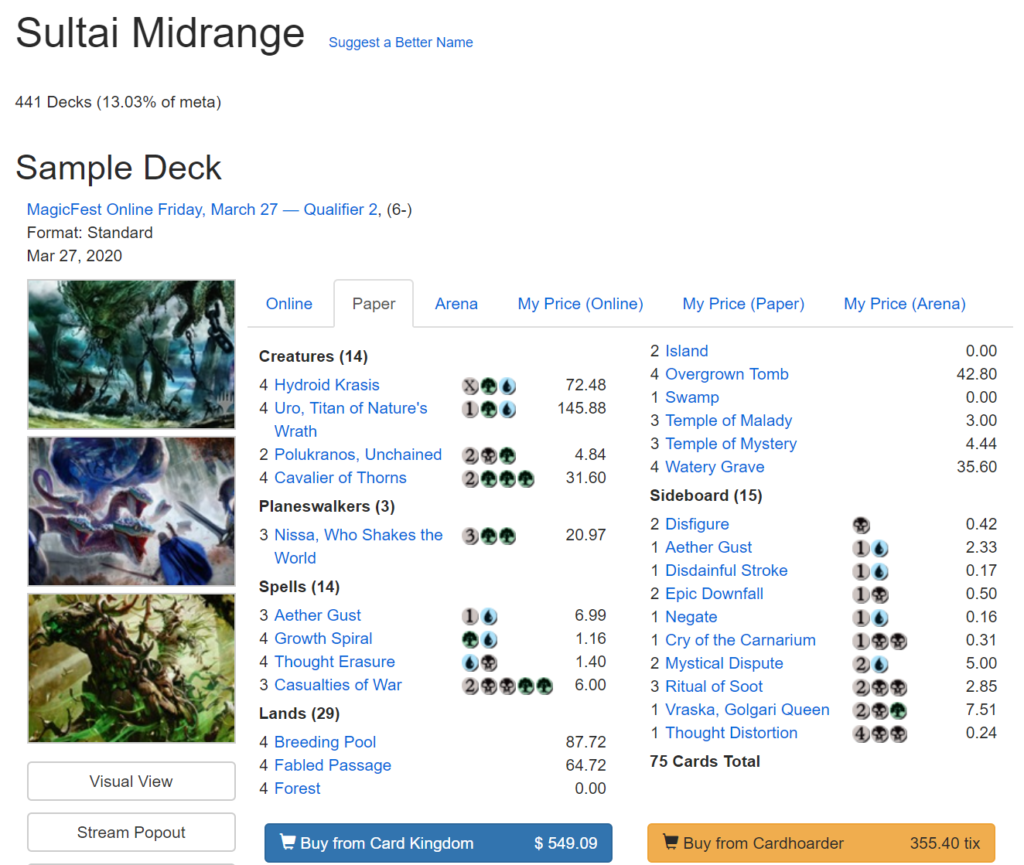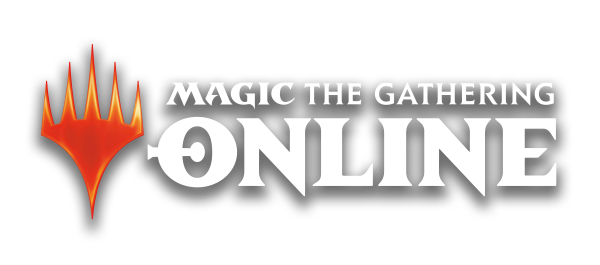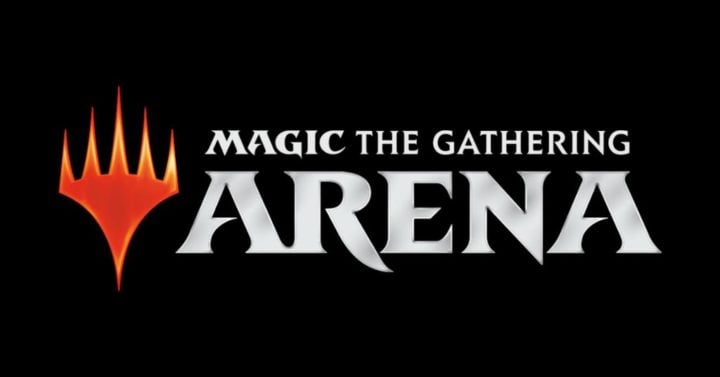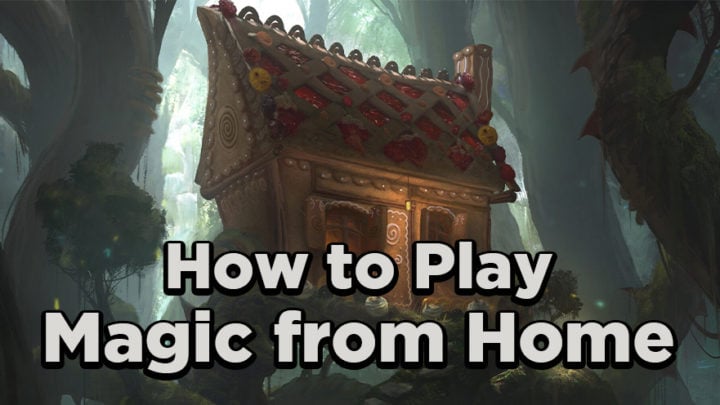Hello, fellow Planeswalkers! I’m writing to you this week from my Fortress of Solitude, a position which I suspect many of you can also empathize with! The COVID-19 pandemic has settled over most of the world by now, and Magic has been disrupted along with almost every other part of our daily routines.
You wouldn’t necessarily think that card games would be something you focus on during a once-in-a-lifetime global disaster, but when you’re already dealing with major stresses in your life, it really stings to not have that familiar source of fun and social interaction. I feel for all of you in our Card Kingdom community, and I hope you’re finding some way to stay positive and sane during this period of isolation.
In fact, I decided to make that the topic of this week’s article. What are the options for continuing to enjoy and participate in Magic when we can’t have The Gathering?
COMPUTER WIZARDRY
The biggest and most obvious way to fill the Magic-shaped hole in your life is to sit down at your PC and switch on your router. While it normally wouldn’t be a necessity like it is right now, many players already spend a significant amount of their Magic time on the internet, so the transition isn’t hard to make. I do see playing Magic digitally as quite a different experience to the paper game, with its own pros and cons which may not satisfy everybody.
But even if you don’t want to take the steps to set yourself up on one of the official Magic clients, there’s still plenty of tools and communities online that can help you improve your game and scratch that FNM itch. Card search engines like Scryfall or deck databases like MTGGoldfish and MTG Top 8 can help you brainstorm new tech. Sites like ManaStack TappedOut and Archideckt will also give you somewhere to store the decklists you tinker up.

Social media and streaming platforms also provide a wealth of free content from some of the game’s most talented players and creatives. There’s enough content help you become a multi-format expert by the time paper Magic starts again!
And while you’re watching all that — why not scan your collection into Deckbox using Delver Lens? You know you were planning to get to that someday, anyway.
THE TWOFOLD PATH OF ONLINE MAGIC
Okay, so what if you decide that you’re ready to take a shot at actually playing Magic over the internet? Wizards gives us two different platforms for you to choose from, and whether you use one or the other (or both!) will depend on your exact taste, budget, and needs.

Magic Online (abbreviated as MTGO) has supported digital Magic for almost two decades. While Wizards has produced more digital products after MTGO, it’s still the only platform which supports Magic’s full history of cards and formats. If you’re looking to play anything past the last few years of Standard, you’re going to have to learn the ropes here.
MTGO is designed to emulate the experience of the paper hobby closely in its play structure and business model. The cards you buy here are limited digital commodities, which you can trade or sell to other users like paper cards. This does mean that most singles cost you close to what you’d pay for their cardboard equivalents, and there is also an entry cost to playing MTGO’s prize-awarding events — just like you’d pay for events at your local game store. But this card economy also allows you to flexibly trade or rent different decks using a well-established network of trade bots, and you retain the chance to profit off a winning record.
The MTGO economy and resulting cost of entry makes sense to some players and is an instant deal breaker for many others. Research your options before you start, including third-party card rental services like Cardhoarder and Manatraders.
ENTER THE ARENA
MTGO allows users to sample some of Magic’s most storied formats, like Pauper, Legacy, and Vintage. But Magic: The Gathering Arena gives us a glimpse of Magic’s future. Arena is the flashy, modern new way to play, and chances are good you already know a little about it — maybe you got a promo code at a prerelease or saw ads up in your store. Arena is built to be friendlier than Magic Online from the ground up: if you’re not interested in paying hundreds upfront for a virtual deck or trading cards with chatbots, then Arena will get you back to playing quickly.
MTGO was designed at a time when it made sense to base its economy and event structure in imitation of the paper Magic experience. Arena, by contrast, takes a cue from “freemium” online games. It costs nothing to download the game and create an account, and you’ll immediately get a tour of the facilities and several starter decks.

There is much less of a drive towards cash-to-play events here as well; the focus for both ranked and casual play is a modern matchmaking ladder. Even if you don’t win your matches, you’ll be able to earn progress on various daily quests and acquire more cards through booster packs. While you cannot trade or sell your Arena cards for money, the trade-off is the promise that you can build up a comprehensive collection at potentially zero cost. Cash purchases can accelerate things, but if you’re good at drafting, you can farm up a full set in a couple weeks! This could certainly be a reason to choose Arena if you’re hesitant to spend more money on Magic right now.
We should note that the biggest drawback to Arena is its limited card pool. Currently only cards stretching back to Ixalan are available to collect, which limits the available Limited and Constructed formats greatly. Apart from Standard, your other main option is Historic, a sort of “Ixalan-onwards Constructed” with a small handful of older cards that Wizards has added in to shake things up. Historic ends up feeling like Pioneer-lite, but with its own distinct metagame — one which is apparently quite good at the moment. It’s also relatively unexplored, so self-styled brewers might really enjoy taking a chance on it.
Tabletop Magic, Online
Despite Wizards’ best efforts, we already know that not everybody is going to be sold on the idea of digital Magic. This game is rooted in tactile and spatial sensation — the raw feeling of tapping a pile of lands while slamming a haymaker down with your other hand — as well as interpersonal connection with your opponent. Rebuilding your tabletop decks in digital form so you can play them against a queue of faceless rivals is quite a step away from that experience.
If you find that neither MTGO or Arena feels right for you, you still need not despair. Many other Magic players in our community are in the same boat, and they are finding all sorts of ingenious ways to perfect the art of “webcam Magic.” If you’re willing to coordinate with your friends or social media contacts, this is a way to play from isolation which still feels like what you’re used to. You can use your own playmat, sleeves, tokens and dice, play with the cards you’ve lovingly collected, and banter with your opponents on the other side of the screen.
If that sounds good, I’ll leave you with Card Kingdom’s video guide to playing paper Magic in a digital age. But however you decide to foster your passion for Magic during this difficult time, I hope that it brings you the joy and sense of connection you need to keep on trucking. See you all online soon!

Tom’s fate was sealed in 7th grade when his friend lent him a pile of commons to play Magic. He quickly picked up Boros and Orzhov decks in Ravnica block and has remained a staunch white magician ever since. A fan of all Constructed formats, he enjoys studying the history of the tournament meta. He specializes in midrange decks, especially Death & Taxes and Martyr Proc. One day, he swears he will win an MCQ with Evershrike. Ask him how at @AWanderingBard, or watch him stream Magic at twitch.tv/TheWanderingBard.

